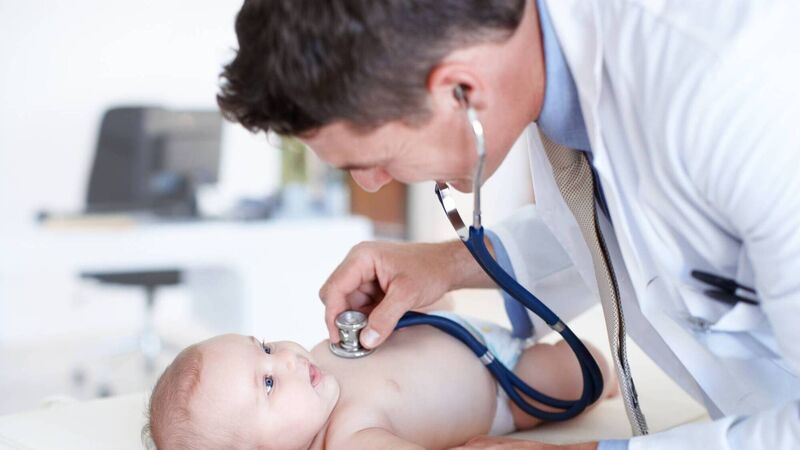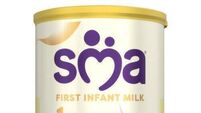Parents warned that children face long hospital waiting times due to spike in RSV admissions

According to CHI, this increase in cases of seasonal RSV is to be expected at this time of year. However, it has also stressed that RSV can make small infants very sick.
The number of patients attending A&E and being admitted to hospital with RSV (respiratory syncytial virus) has spiked in the last week, according to Children's Health Ireland (CHI).
CHI said emergency departments (EDs) in Temple Street, Crumlin, and Tallaght are now extremely busy, and children with "less serious illnesses may experience long waiting times".
According to CHI, this increase in cases of seasonal RSV is to be expected at this time of year. However, it has also stressed that RSV can make small infants very sick.
RSV is a common virus that causes coughs and colds and is the main cause of bronchiolitis and pneumonia in very young children.
Parents are being advised to trust their instincts, and contact their GP or present to the ED if they are worried, especially if the symptoms get worse quickly.
“While seasonal RSV is circulating at a high level, my advice to people looking after very small infants, under 3 months in particular, is to try to cocoon them and avoid having them in large crowds," said CHI consultant in paediatric emergency medicine Dr Paddy Fitzpatrick.
"It is also so important that when we are sick ourselves or have children who are sick that we keep away from other children where possible.
Almost all children get RSV by the time they are two-years-old and it usually spreads in winter and early spring.
Most symptoms of RSV are mild, such as a runny nose, coughing and sneezing. People usually recover within two to three weeks without treatment or the need to see a GP.
These symptoms usually appear in stages and not all at once.
However, after four to five days, babies and young children can also develop bronchiolitis. Their symptoms may get worse and include: increased breathing, wheezing, difficulty feeding or decreased appetite, and less wet nappies.
These symptoms often remain for three to four days before slowly getting better. It can usually take 10 to 14 days before babies and young children recover from an RSV infection.
Many babies and children may have a cough that lasts for weeks after the start of the infection. This does not need antibiotics.
RSV vaccination will likely have a significant impact on reducing the burden of RSV illness in children and protecting small babies from serious infection.
Two new safe and effective vaccines have been developed but are not yet available in Ireland.












